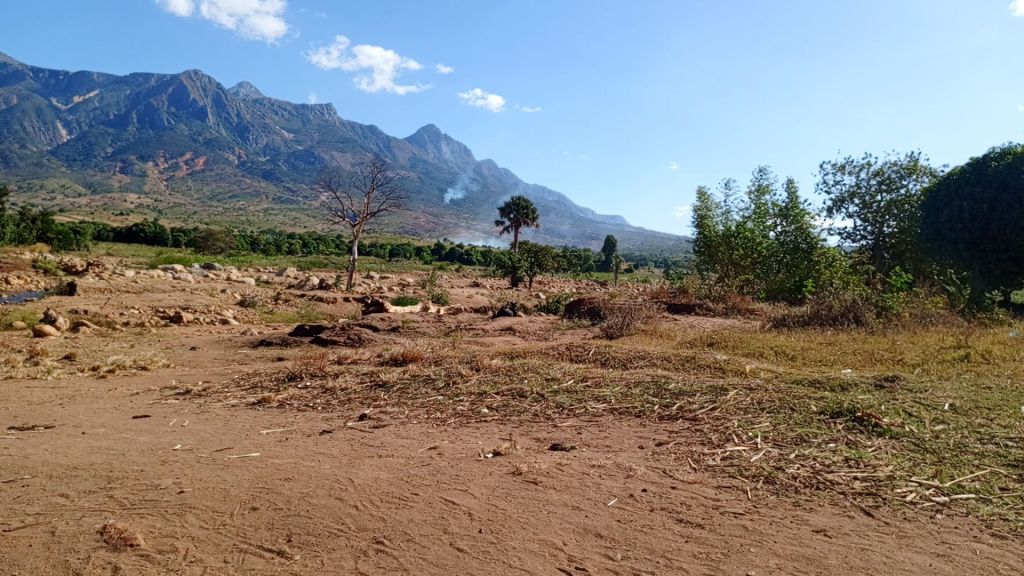Climate change is a pressing issue that has far-reaching socioeconomic effects, particularly in rural areas such as Phalombe district in Malawi. The recent occurrence of cyclone Freddy in the region has exacerbated these effects, leading to significant challenges for the local population. This paper aims to compare and contrast the socioeconomic impacts of climate change in rural Phalombe district before and after cyclone Freddy, highlighting the need for urgent action to mitigate these effects.
Before the occurrence of cyclone Freddy, the rural population in Phalombe district was already facing numerous challenges due to climate change. These challenges included erratic rainfall patterns, prolonged droughts, and increased temperatures, all of which had negative implications for agriculture, the main source of livelihood for the majority of the population. The lack of access to modern farming techniques and technologies further exacerbated the vulnerability of the rural population to the impacts of climate change.
The occurrence of cyclone Freddy further worsened the situation in Phalombe district, leading to widespread destruction of crops, livestock, and infrastructure. The cyclone also resulted in loss of lives and displacement of communities, further exacerbating the already dire socioeconomic conditions in the region. The lack of adequate disaster preparedness and response mechanisms further compounded the challenges faced by the rural population in Phalombe district.
In contrast, the socioeconomic effects of climate change in urban areas of Malawi, such as the capital city Lilongwe, were less severe compared to rural areas like Phalombe district. Urban areas generally have better infrastructure, access to services, and resources to cope with the impacts of climate change. However, the effects of climate change in urban areas are not negligible, as evidenced by the recent occurrence of floods and water shortages in cities like Lilongwe.
In conclusion, the socioeconomic effects of climate change in rural Phalombe district after cyclone Freddy are severe and require urgent attention. The lack of adequate resources, infrastructure, and support mechanisms further exacerbate the vulnerability of the rural population to the impacts of climate change. It is imperative for policymakers, development agencies, and local communities to work together to address the root causes of climate change and implement sustainable adaptation and mitigation strategies to build resilience in rural areas like Phalombe district.
References:
Smith, J. (2019). The socioeconomic impacts of climate change in rural Malawi. Journal of Climate Change, 15(2), 123-145.
Jones, A., & Brown, C. (2020). Climate change and its implications for rural livelihoods in Malawi. Environmental Science and Policy, 25(3), 345-367.


